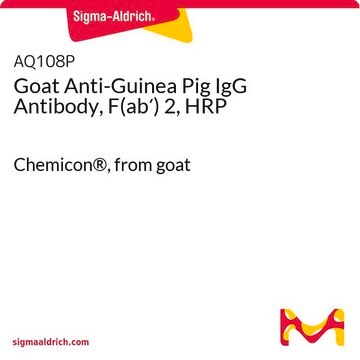P0290
Phenol red solution
0.5%, liquid, sterile-filtered, BioReagent, suitable for cell culture
Synonym(s):
Phenolsulfonphthalein solution
Sign Into View Organizational & Contract Pricing
All Photos(1)
About This Item
CAS Number:
MDL number:
UNSPSC Code:
12352207
PubChem Substance ID:
NACRES:
NA.75
Recommended Products
sterility
sterile-filtered
Quality Level
product line
BioReagent
form
liquid
concentration
0.5%
technique(s)
cell culture | mammalian: suitable
impurities
endotoxin, tested
SMILES string
O=S1(C2=CC=CC=C2C(C3=CC=C(O)C=C3)(C4=CC=C(O)C=C4)O1)=O
InChI
1S/C19H14O5S/c20-15-9-5-13(6-10-15)19(14-7-11-16(21)12-8-14)17-3-1-2-4-18(17)25(22,23)24-19/h1-12,20-21H
InChI key
BELBBZDIHDAJOR-UHFFFAOYSA-N
Looking for similar products? Visit Product Comparison Guide
General description
Phenol red belongs to the class of triphenylmethane dyes and is widely used in the textile industry.
Application
Phenol red solution has been used:
- as a tracer dye for microinjection of zebrafish eggs
- as a component of the mMW medium for the preparation of mouse embryos
- in the preparation of versene-ethylenediamine tetraacetic acid (EDTA) solution
- as a pH indicator in Dulbecco′s modified Eagle medium (DMEM) during glycolytic stress (GST) tests and mitochondrial stress tests (MST) to evaluate metabolic function in cells.
Biochem/physiol Actions
Phenol red solution acts as a pH indicator for the culture medium.Phenol red solution acts as a pH indicator for the culture medium that turns yellow at a pH of 6.4 or lower and changes into red at a pH of 8.2 or higher. It enables a fast and simple assessment of the culture′s health. In addition to its application as a pH indicator in culture mediums, Phenol red is used to detect human peroxidase enzyme activity, as well as cellular hydrogen peroxide levels, in various experiments.
Features and Benefits
High-quality, endotoxin-tested solution, suitable for mammalian cell culture.
Preparation Note
Prepared in Dulbecco′s Phosphate Buffered Saline.
Storage Class Code
12 - Non Combustible Liquids
WGK
WGK 2
Flash Point(F)
Not applicable
Flash Point(C)
Not applicable
Choose from one of the most recent versions:
Already Own This Product?
Find documentation for the products that you have recently purchased in the Document Library.
Customers Also Viewed
Natacha Merindol et al.
Journal of clinical virology : the official publication of the Pan American Society for Clinical Virology, 128, 104423-104423 (2020-05-18)
Rapid and reliable screening of SARS-CoV-2 is fundamental to assess viral spread and limit the pandemic we are facing. In this study, we compared direct rRT-PCR method (without RNA extraction) using SeeGene AllplexTM 2019-nCoV rRT-PCR with the RealStar® SARS-CoV-2 rRT-PCR
Shivshankar R Mane et al.
Small (Weinheim an der Bergstrasse, Germany), 14(36), e1801571-e1801571 (2018-08-07)
Recent advances in super-resolution microscopy and fluorescence bioimaging allow exploring previously inaccessible biological processes. To this end, there is a need for novel fluorescent probes with specific features in size, photophysical properties, colloidal and optical stabilities, as well as biocompatibility
Katrin Daniel et al.
Nature communications, 9(1), 3297-3297 (2018-08-19)
The conditional and reversible depletion of proteins by auxin-mediated degradation is a powerful tool to investigate protein functions in cells and whole organisms. However, its wider applications require fusing the auxin-inducible degron (AID) to individual target proteins. Thus, establishing the
Tina Cheng et al.
Micron (Oxford, England : 1993), 129, 102782-102782 (2019-11-28)
Infection of zebrafish with natural pathogen Mycobacterium marinum is a useful surrogate for studying the human granulomatous inflammatory response to infection by Mycobacterium tuberculosis. The adaptive immune system of the adult stage zebrafish offers an advance on the commonly used
Berna Kaya et al.
Cell reports, 32(5), 107979-107979 (2020-08-07)
Single-nucleotide polymorphisms in the gene encoding G protein-coupled receptor 35 (GPR35) are associated with increased risk of inflammatory bowel disease. However, the mechanisms by which GPR35 modulates intestinal immune homeostasis remain undefined. Here, integrating zebrafish and mouse experimental models, we
Our team of scientists has experience in all areas of research including Life Science, Material Science, Chemical Synthesis, Chromatography, Analytical and many others.
Contact Technical Service







